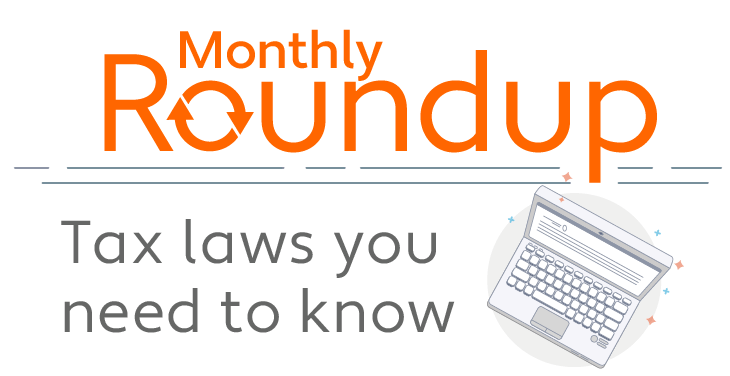COVID-19 surcharges subject to South Carolina sales tax
In an effort to slow the spread of the coronavirus (COVID-19), Governor Henry McMaster is asking South Carolinians to wear face masks and mandating certain social-distancing measures, like requiring restaurants to operate dine-in services at no more than 50% capacity.
Such restrictions necessarily impact affected businesses. To help recoup some lost revenue, some businesses are tacking fees onto deliveries, pickup orders, and takeout meals. Recently, the South Carolina Department of Revenue clarified which of those fees are subject to sales tax. The short answer: All of them.
South Carolina sales tax applies to gross proceeds of retail sales of tangible personal property in the state. According to the Department of Revenue, this “includes all value that comes from or is a direct result of the sale of tangible personal property” — including the following:
- COVID-19 surcharges or fees
- Handling fees
- Takeout charges
SC Information Letter #20-23 offers several examples to illustrate the point.
COVID-19 surcharge for ready-to-eat meals
To help cover inventory and operating costs during the coronavirus pandemic, when on-premises dining is down and takeout sales are up, a restaurant charges a 10% COVID-19 surcharge to the sales price of ready-to-eat meals. The surcharge is part of the gross proceeds of sales and therefore is subject to state and applicable local sales tax.
Carryout fee for takeout meals
A restaurant adds a separate carryout fee to each takeout meal to recover the cost of takeout supplies and new safety measures. The additional fee is subject to state and applicable local sales tax.
Fee for frozen meals sold for curbside pickup
A restaurant sells frozen meals for takeout and adds a carryout fee. The full price of the unprepared food, including the fee, is exempt from state sales tax because South Carolina doesn’t tax sales of unprepared food that can be purchased with U.S. Department of Agriculture food coupons (South Carolina Code §12-36-2120(75)).
However, local sales tax may or may not apply: Sales of unprepared food are subject to local sales tax in some jurisdictions but exempt in others.
Fee for restaurant meals sold online by a food marketplace facilitator
Some online food ordering and delivery marketplaces (e.g., DoorDash) are thriving during the pandemic. Under South Carolina’s marketplace facilitator law, marketplace facilitators are responsible for collecting and remitting sales tax on third-party sales. Thus, the entire charge associated with a marketplace sale of restaurant food — the meal, delivery charge, and any COVID-19 surcharge — is part of the gross proceeds of sales and subject to South Carolina state and applicable local sales tax.
South Carolina needs all the sales tax revenue it can get
COVID-19 has had a tremendous impact on sales tax revenue in most states. Nationwide, state and local sales tax collections for the months of April, May, and June dropped from $431.8 billion in 2019 to $389.5 in 2020.
South Carolina has had a strong economy in recent years and entered the COVID-19 crisis with a $2 billion surplus. Nonetheless, the pandemic is taking a toll. In April, the state’s Board of Economic Advisors predicted state revenue for the fiscal year that began July 1, 2020, would drop by more than $500 million. Sales tax revenues for the 2020–21 fiscal year could be $10–$20 million less than anticipated. Every bit of sales tax collected on COVID-19-related fees will help the state recoup some of that lost revenue.
Get the latest COVID-19 news, along with insights to help you navigate the new economy, at our COVID-19 tax info hub.

Your competitors live by this annual report
Trusted by professionals, this valuable resource simplifies complex topics with clarity and insight.
Stay up to date
Sign up for our free newsletter and stay up to date with the latest tax news.













